Co-design with marginalised people: designers’ perceptions of barriers and enablers
Read More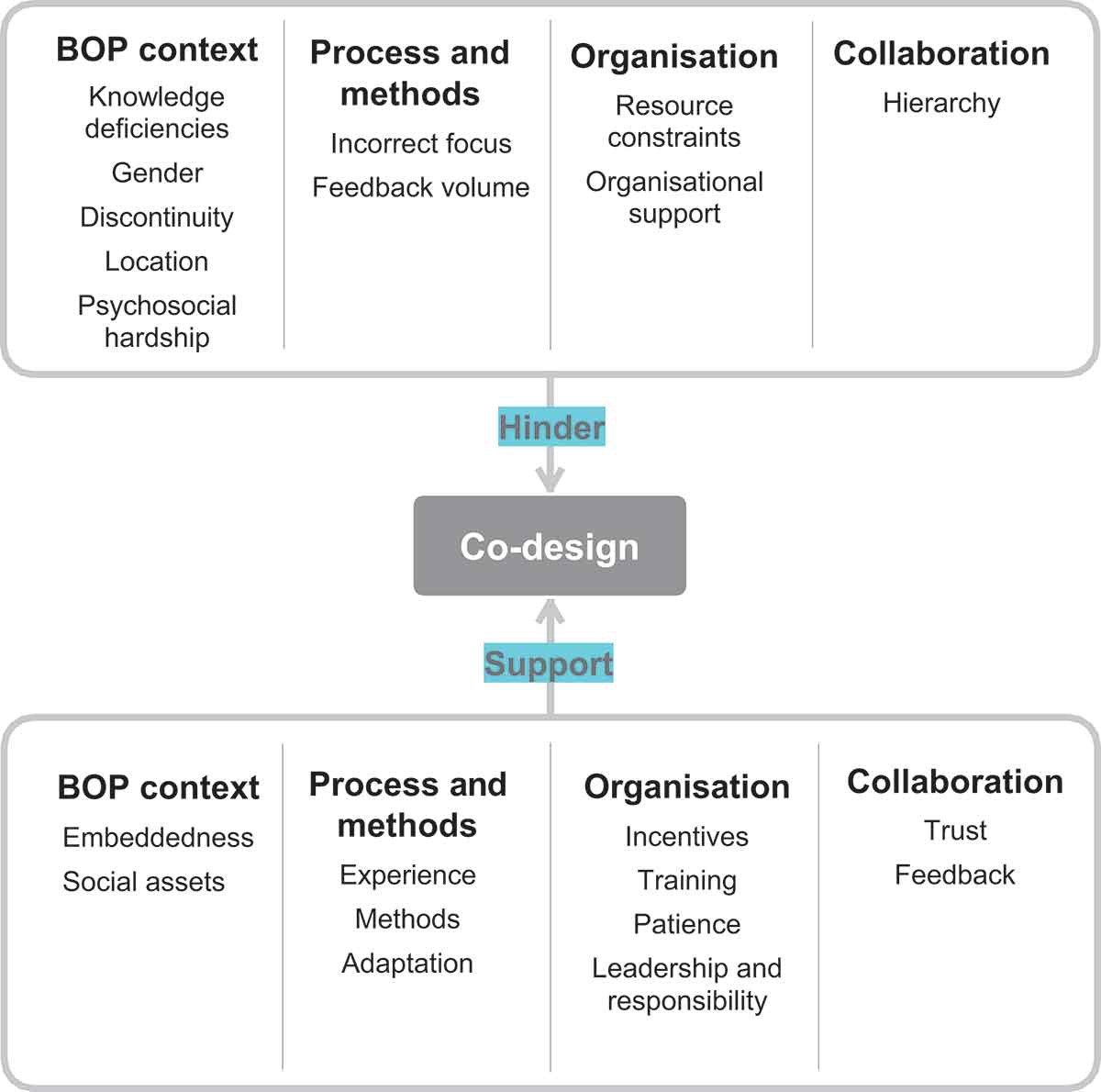

Co-design with marginalised people: designers’ perceptions of barriers and enablers
Read More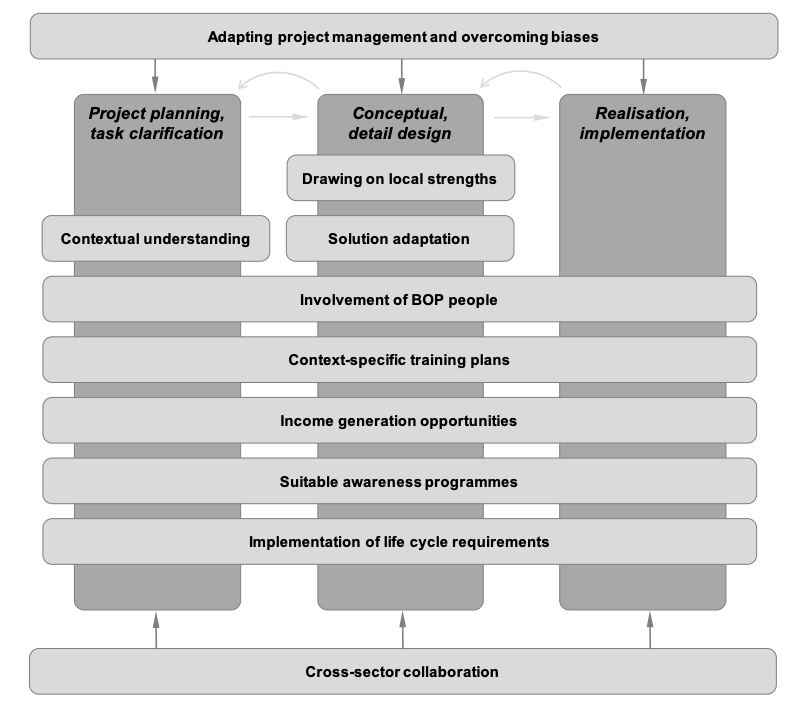
Abstract People living in low-resource settings at the base of the world income pyramid (i.e. Base of the Pyramid — BOP) face several constraints. To satisfy their unmet needs, integrated frugal innovations are necessary. Several studies, discussed using many names such as ‘design for Base of the Pyramid’, ‘design for development’, ‘product service systems’, ‘frugal […]
Read More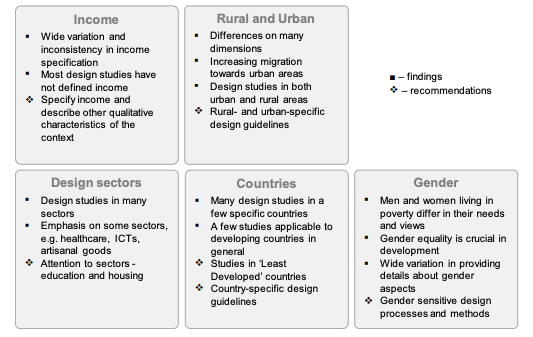
Abstract A data analysis method based on artificial neural networks aiming to support cause-and-effect analysis in design exploration studies is presented. The method clusters and aggregates the effects of multiple design variables based on the structural hierarchy of the evaluated system. The proposed method is exemplified in a case study showing Designing frugal innovations is […]
Read More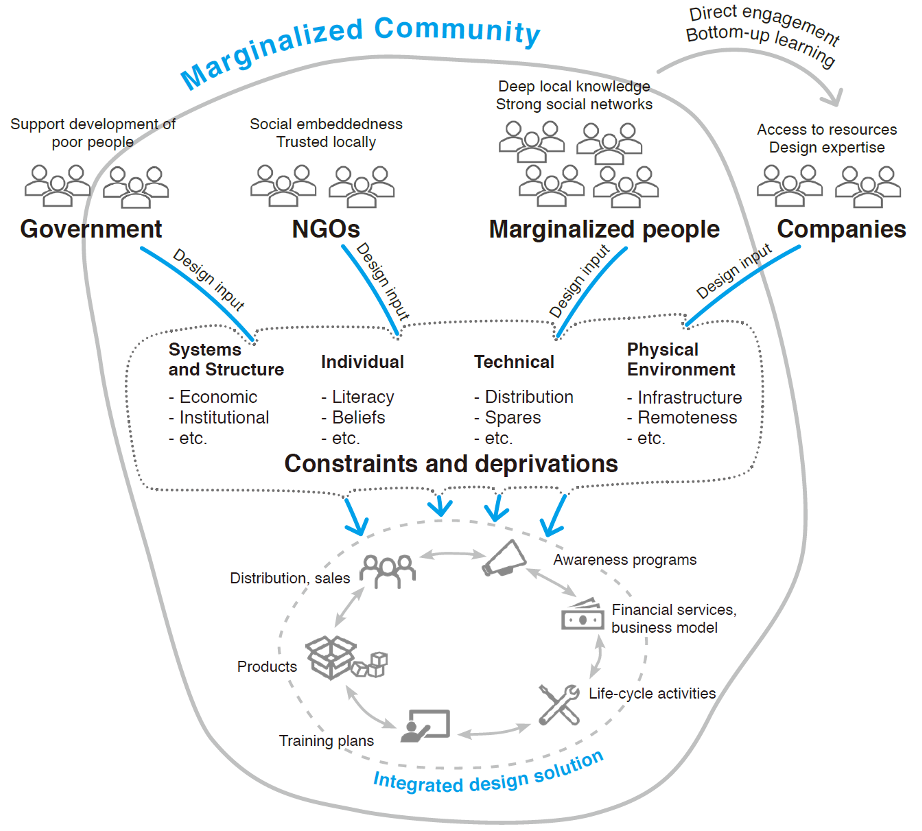
Businesses are recognising and pursuing the opportunity to design appropriate products and services to serve the market known as the Base of the Pyramid (BOP) market — broadly defined as 4 billion low-income people in developing countries. There are many reasons for the pursuit of BOP markets. First, the BOP is the most significant and […]
Read More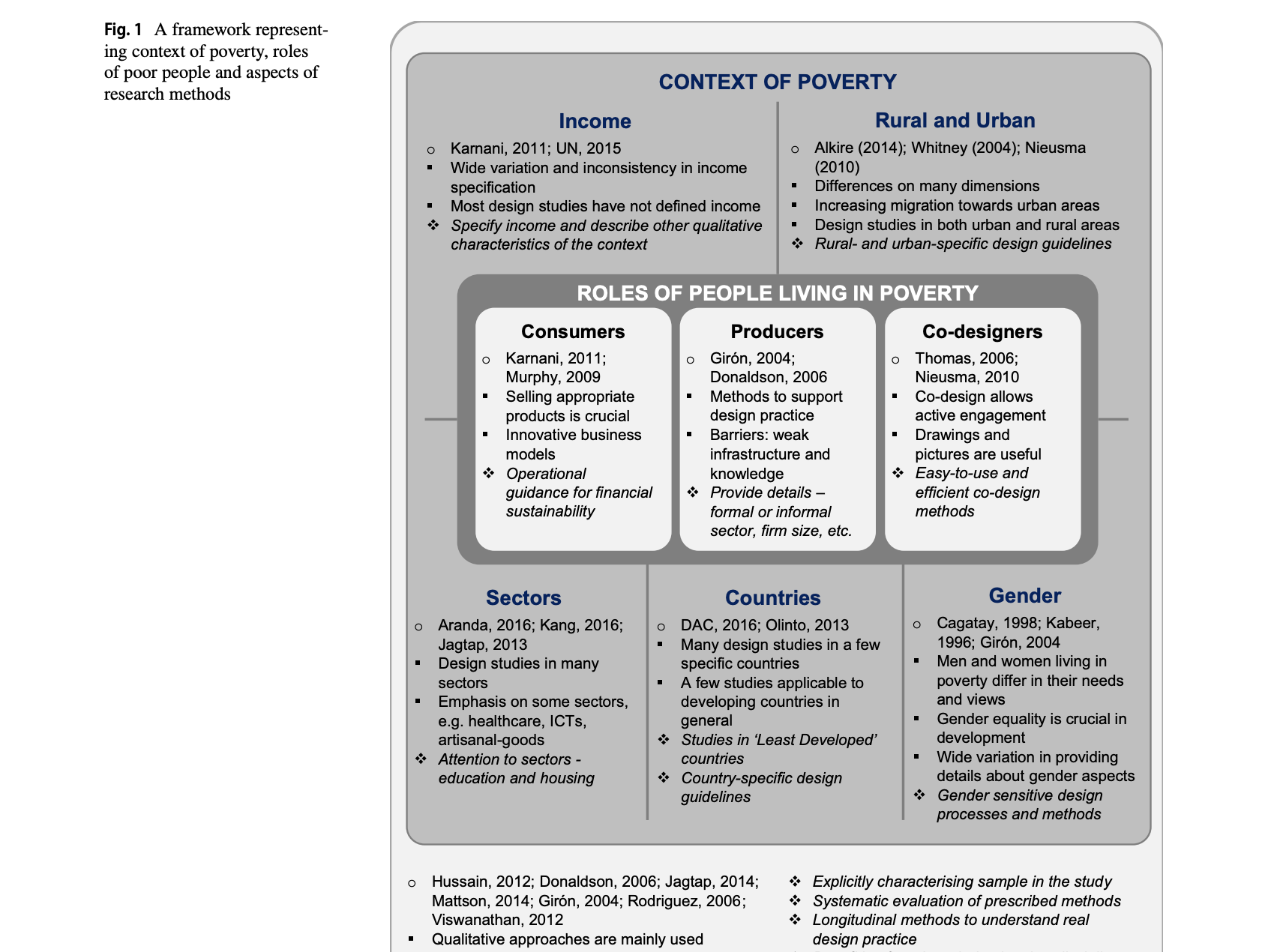
ABSTRACT Design is essential to fulfil unmet or under-served needs of resource-poor societies, supporting their social and human development. A great deal of design research has been undertaken in such low resource settings, and is discussed under different names, such as ‘community development engineering’, ‘humanitarian engineering’, ‘appropriate technology’, ‘design for development’, ‘design at the Base […]
Read More